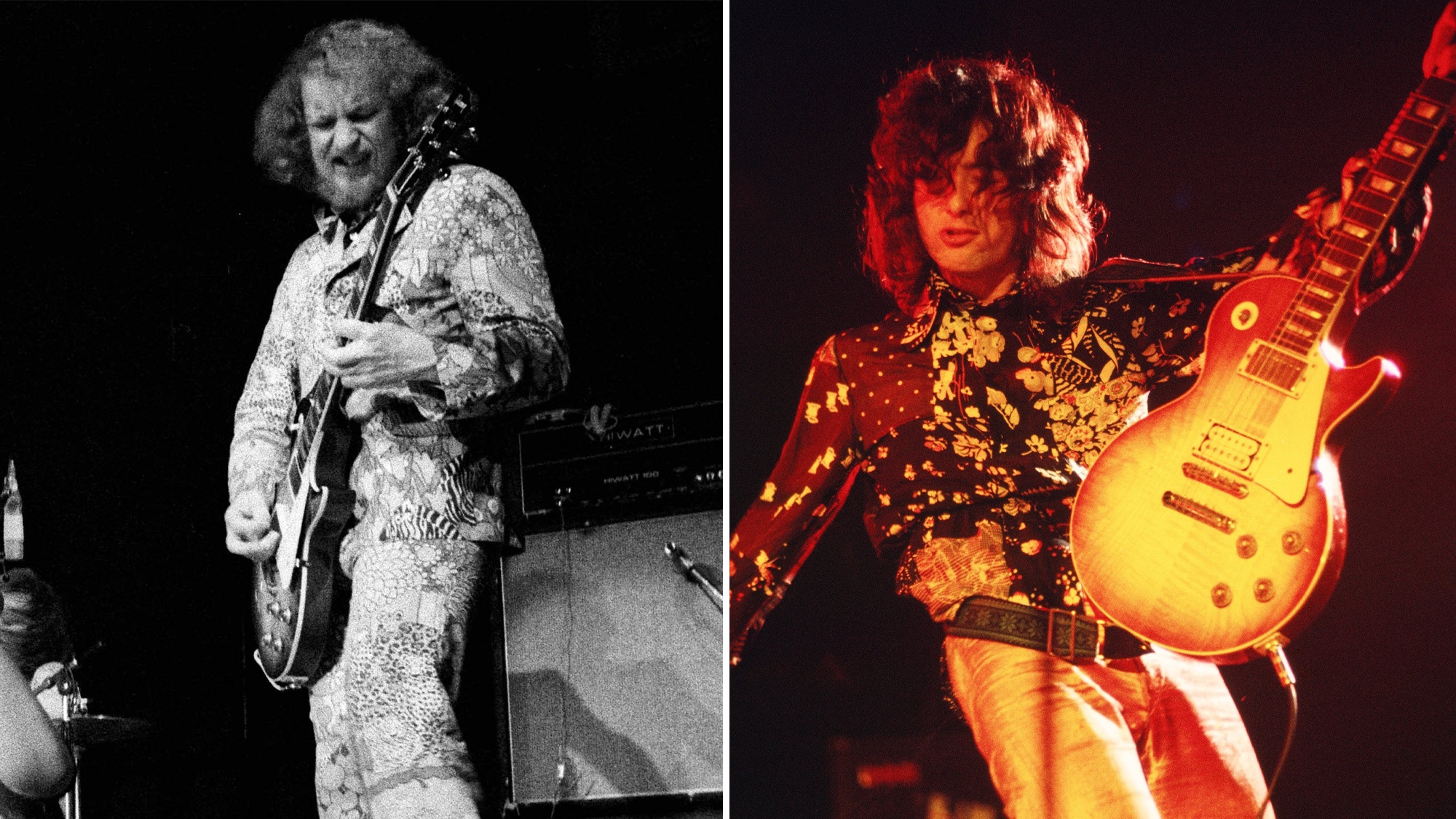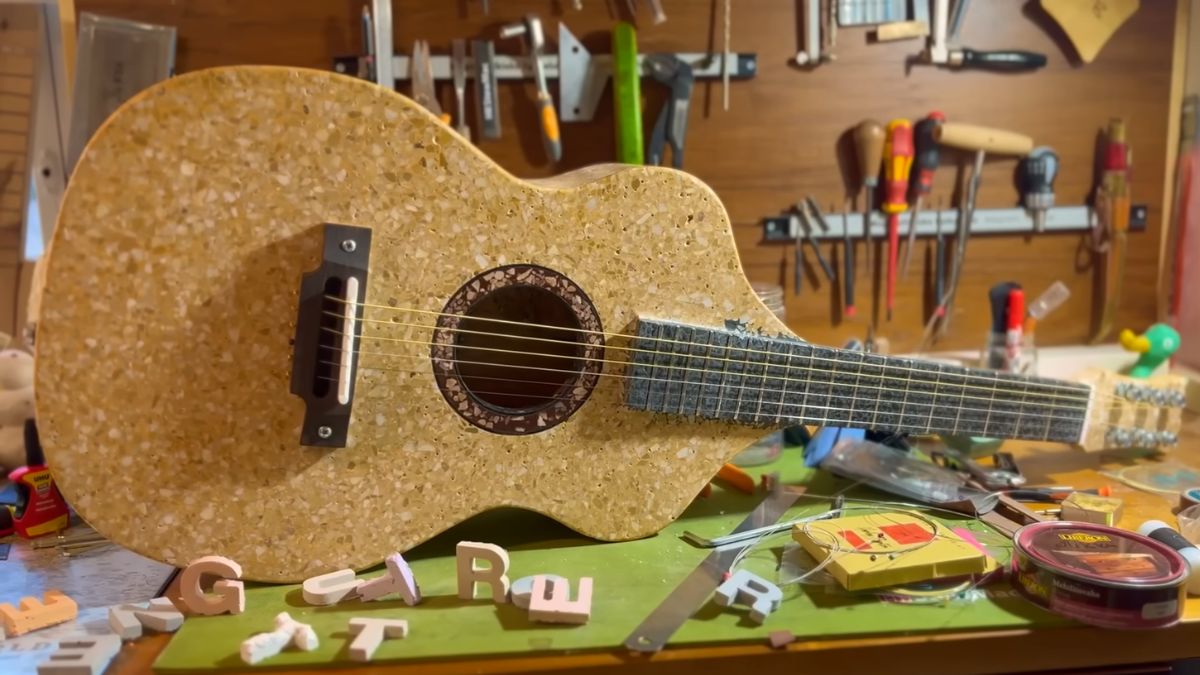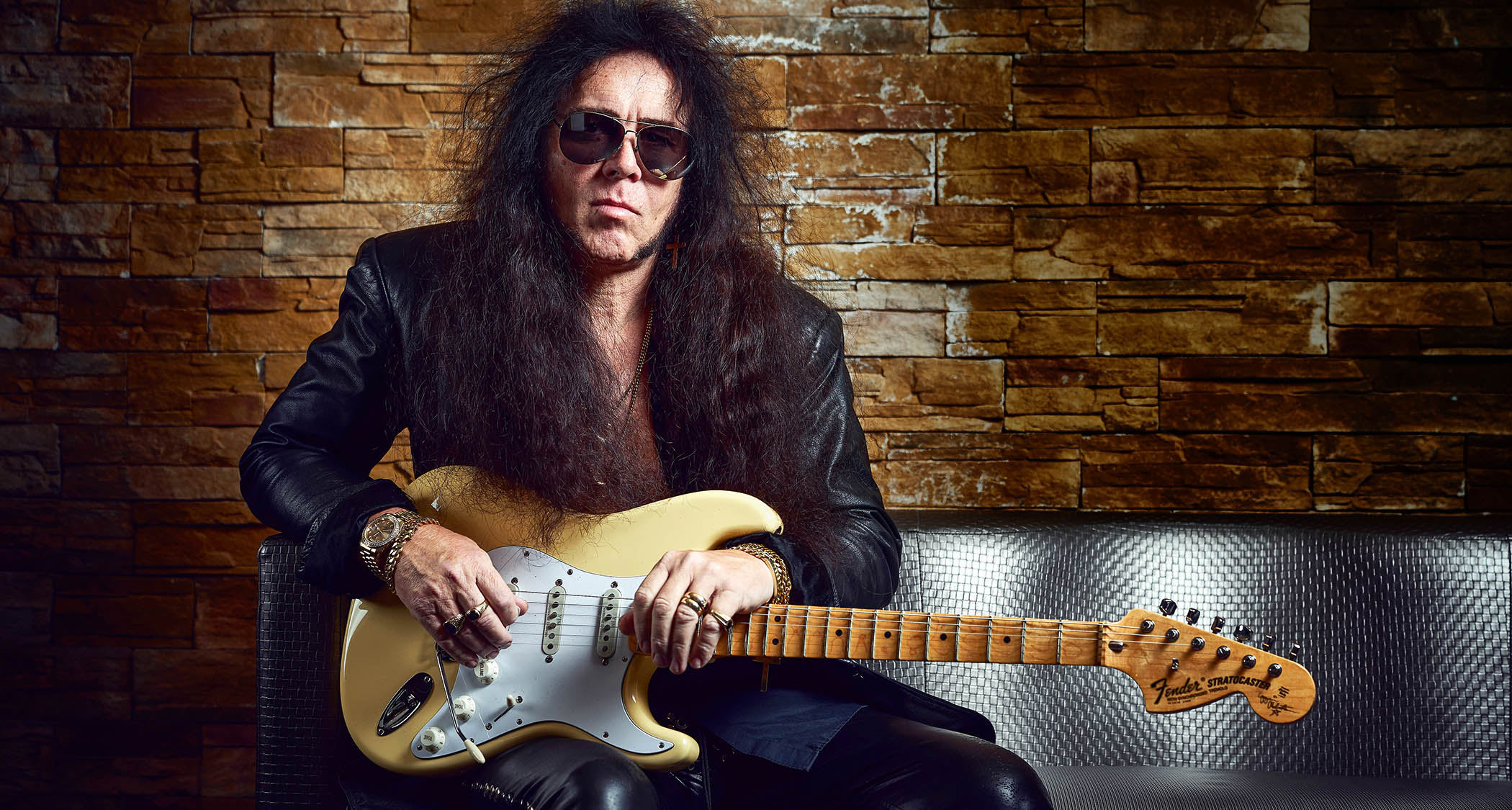“Jimmy Page was in the control room window, waving madly. I was in the middle of the solo, and I thought, ‘Sorry, but I can’t stop.’ I just turned my back”: Martin Barre on the time Jimmy Page nearly cut him off mid-Aqualung solo
“I think it was take two,” the Jethro Tull guitarist recalled, “and if I hadn’t got it in two then it would have been a flute solo”

Some guitarists swear by improvising and feeling out their solos, others prefer composing them. No matter what your particular preference is, though, you probably wouldn't want someone to desperately try to get your attention while you're laying one down.
Such, however, was the situation that Jethro Tull's Martin Barre found himself in when cutting the solo for the band's now-classic tune, Aqualung.
In a recent interview with Guitarist, Barre recounted how none other than Jimmy Page came close to derailing him just as he was weaving some spontaneous magic.
“[Aqualung's] solo was all done on the fly,” Barre said. “I think it was take two – and if I hadn’t got it in two then it would have been a flute solo. But that’s when Jimmy Page, who was recording with Led Zeppelin in the basement of Basing Street Studios, came up to say hello.
“He was in the control room window, waving madly. I was in the middle of the solo, and I thought, ‘Sorry, but I can’t stop.’ And I didn’t. I just turned my back. Which was a bit rude. But that was the solo on Aqualung.”
In a 2015 Guitar World interview, Barre cited the solo as being a first take, rather than a second take, but added again that frontman/flautist Ian Anderson would have recorded a flute solo in its place if Barre couldn't come up with a guitar solo quickly himself.
In the same interview, Barre discussed how the recording of the (ultimately hugely successful) Aqualung album tested the band's resolve.
Get The Pick Newsletter
All the latest guitar news, interviews, lessons, reviews, deals and more, direct to your inbox!
“The fact that Aqualung would become one of Tull’s most popular albums is entirely coincidental,” he said. “It was a difficult album to make. We had a hard time recording it because things kept breaking down in the studio, which led to tension among the band members.
“It wasn’t a feelgood album, and if anything, its ensuing popularity was in part due to the image of Aqualung as a person. People latched onto the lyrical side of the album as well as the diversity of songs on it. We spent a long time recording it.”
To read the full interview with Barre, in which the guitarist goes in-depth on the making of Aqualung, pick up the new issue of Guitarist at Magazines Direct.
Jackson is an Associate Editor at GuitarWorld.com. He’s been writing and editing stories about new gear, technique and guitar-driven music both old and new since 2014, and has also written extensively on the same topics for Guitar Player. Elsewhere, his album reviews and essays have appeared in Louder and Unrecorded. Though open to music of all kinds, his greatest love has always been indie, and everything that falls under its massive umbrella. To that end, you can find him on Twitter crowing about whatever great new guitar band you need to drop everything to hear right now.
“There’d been three-minute solos, which were just ridiculous – and knackering to play live!” Stoner-doom merchants Sergeant Thunderhoof may have toned down the self-indulgence, but their 10-minute epics still get medieval on your eardrums
“There’s a slight latency in there. You can’t be super-accurate”: Yngwie Malmsteen names the guitar picks that don’t work for shred











